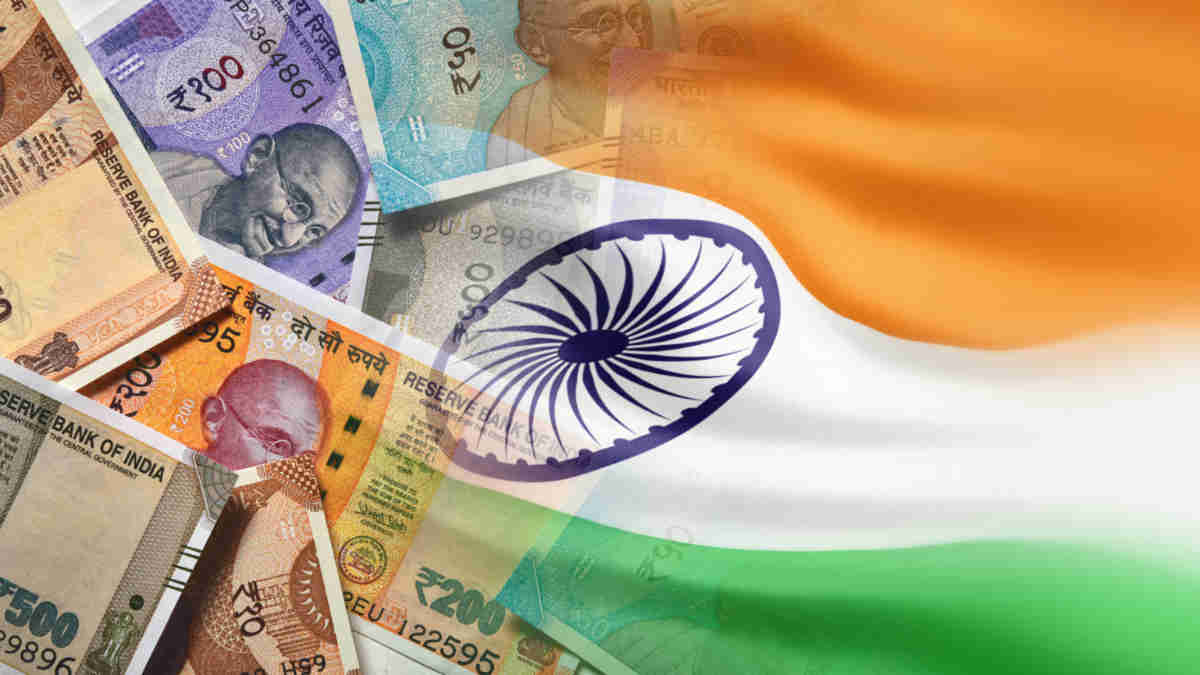ASX fintech Findi to grab huge opportunity as 350 million Indians set to enter banking services

ASX-listed fintech Findi could grab huge opportunity as 350 million Indians enter banking services. Picture Getty
- Hundreds of million Indians are still unbanked, while more still are underbanked
- Findi could grab this opportunity, being a pure-play Indian-focused fintech
- We reached out to Findi’s non-executive chairman, Nicholas Smedley
Despite increased internet usage and tremendous growth, more than 350 million Indians are still either unbanked or underbanked.
Distance to a banking facility is a major barrier, particularly for those living in rural areas where cash still rules.
These people often rely on alternative financial services such as money orders or transfers.
The Indian government, for its part, has encouraged people to open a bank account by launching ambitious programs like the People’s Wealth Plan, or by asking banks to offer zero-balance accounts with no opening fees.
As these programs are continually being rolled out across the country, there’s an obvious big opportunity here to provide banking services to the masses.
ASX-listed fintech Findi (ASX:FND) is an India-focused company that has marched ahead to take on this challenge.
Findi is now one of the largest non-bank ATM operators in the world’s most populous country, with a network of 20,500+ ATMs.
The network is being operated through the company’s 100% interest in TSI International, a digital payments and financial services business in India.
“We have over 20,000 ATMs that we own and manage across India, and we’re in every state and territory,” Findi’s non-executive chairman, Nicholas Smedley, told Stockhead.
“We also have 16,000 of what we call digital merchants across India as well, which facilitate last mile cash payments in online e-commerce for the growing rural sector across India.”
SBI contract
Findi has been providing ATMs for the State Bank of India (SBI) – the country’s largest bank – since 2016 through a third-party outsourcing contract.
That contract was supposed to end in December, but Findi has just secured a new 10-year contract with SBI that will see the company provide 4,219 more ATMs across the country.
It’s expected the new contract will generate revenue of between $550m-$620m over the 10-year term, with a bottom line EBITDA of $250m-$280m.
“SBI is just one of our contracts, and if you break that down, it’s approximately $25-$28 million dollars EBITDA a year,” says Smedley.
Unlike in Australia, ATMs in India are not hole-in-the-wall concepts but instead have dedicated rooms with air conditioning.
“We have a team that select the locations based on predicted foot traffic, and we take out a lease on those locations.
“So if the ATM contract was to ever be ended, we can simply turn that site into a Findi-branded ATM location at the end of the normal contract term.
“This means we have full control on those sites,” Smedley said.
White label
Of the 20,500 ATMs Findi operates in India, 12,000 are currently being operated for third parties.
“The other 8,000 ATMs we own ourselves, and they’re across a number of key banks,” explained Smedley.
These 8,000 ATMS are currently brown label ATMs, meaning that they’re slapped with the bank’s own labels like SBI or CBI (which are the Australian equivalents of CBA or NAB ATMs).
“But the beauty is, we have a white label ATM license application on foot, which we’re expecting to be awarded before the end of this year,” said Smedley.
“When that white label licence is awarded, the ATMs will be branded and deployed as Findi-branded ATMs.”
The white label license is expected to provide numerous strategic advantages, such as supporting the integration of Findi’s ATM and digital payments business and potential acquisitions.
Findi expects that following the white label deployment, those ATMs will deliver additional annual revenue of approximately $25-$28 million, and annual EBITDA of $7–$9 million.
Quick payback
The economics of each ATM is also quite attractive.
The company estimates that one Findi-owned ATM delivers an enviable $65,000+ of cumulative free cash flows over its lifespan of 12 years, while the entire cost of one fit-out is only around $12,000.
“So the the internal rate of return or IRR that we actually get is greater than 35%,” said Smedley.
“The payback period is approximately three years, which is when it will be completely paid off.
“So then we have seven years in this 10-year contract cycle, which means seven years of free cash coming off that asset with the capital capex already paid off.”
“We also have a banking syndicate that have already agreed to completely fund the rollout of the capex for those contracts, so we don’t have to raise any more equity in the business,” added Smedley.
Is Findi undervalued?
Smedley believes the opportunity for Findi is huge, with 350 million Indians expected to enter banking services over the next five years.
“If we can do India well, I don’t think we need to concentrate on anywhere else,” he said.
“Obviously we will always be looking at opportunities, but they need to make sense for us, and need to be able to leverage from our existing Indian capability.”
Smedley sees Findi as one of the most undervalued stocks on the ASX at the moment.
“Our market cap at the moment is around $29 million, but if you look at Indian trading multiples, we should be somewhere in the order of $200 million market cap.
“We don’t need to raise any more capital. We’ve got significant free cash flows.
“And we’ve already got the next couple of years of growth baked into the business organically, before we even look at other acquisition opportunities,” said Smedley.
Findi share price today:
Related Topics
UNLOCK INSIGHTS
Discover the untold stories of emerging ASX stocks.
Daily news and expert analysis, it's free to subscribe.
By proceeding, you confirm you understand that we handle personal information in accordance with our Privacy Policy.








